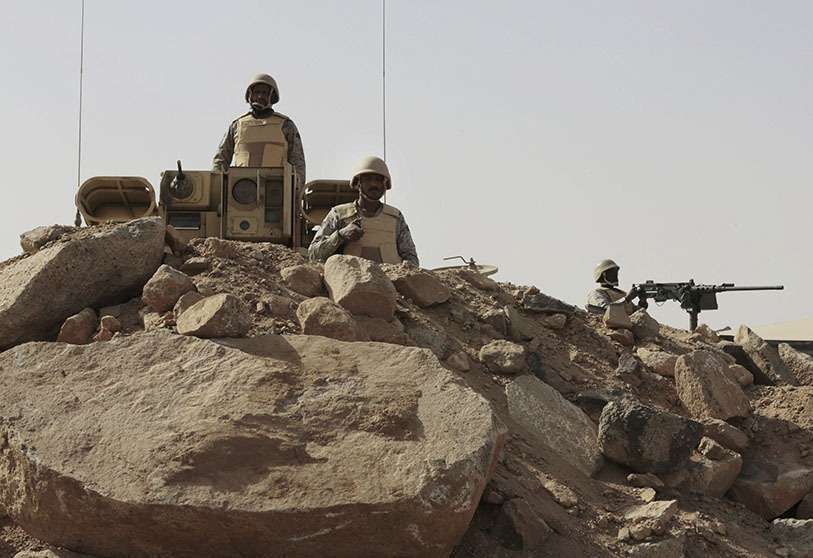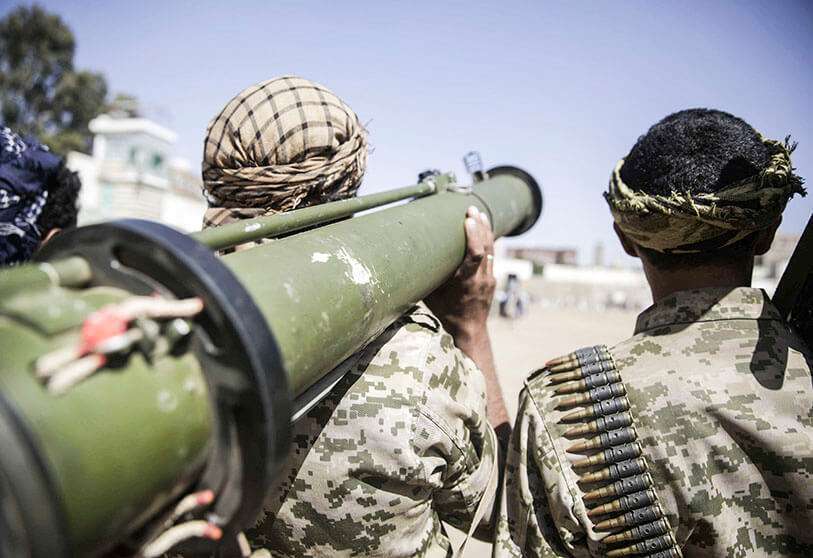Saudi Arabia requests a kind of buffer zone in exchange for a truce in Yemen

Saudi Arabia has agreed to accept the United Nations' proposal for a general ceasefire in the Yemeni war if the Hutu rebels accept the creation of a "buffer zone along the borders of the kingdom", according to sources close to the informal talks that have taken place between the Saudi nation and the Shiite insurgents supported by the Islamic Republic of Iran.
Saudi Arabia is demanding that this buffer zone be maintained in the area bordering northern Yemen until a transitional government is formed with the help of the United Nations. In return, the Saudi kingdom would ease an air and sea blockade as part of the truce proposed by the UN, which already provides for an end to cross-border attacks. If signed, the agreement would be the biggest advance in the peace talks since the armed conflict began in 2014, with some Houthis seeking to undermine the internationally recognised executive of Abd Rabbuh Mansur al-Hadi, which is supported by the Arab military coalition led by Saudi Arabia and backed by nations such as the United Arab Emirates. Both the Saudi kingdom and the Emirates continue to attempt to confront the Islamic Republic of Iran in the Middle East and related Shiite formations that support Iran's belligerent strategy in the region.

Last year Riyadh opened informal channels of communication to negotiate with the Houthis and seek a solution to the conflict that has left tens of thousands dead. The bloody war in Yemeni territory is enhancing a scenario which the UN itself described as the biggest humanitarian disaster in the world.
During his campaign, the US president-elect, Joe Biden, promised to stop selling weapons to Saudi Arabia, America's biggest customer in the Middle East, in order to put pressure on Riyadh to end the war.

This information came just when it became known a few hours ago that the still acting US president, Donald Trump, threatened to classify the Houthi insurgents as a terrorist group. The measure, which is opposed by the humanitarian community, is part of the current US administration's campaign of pressure on Iran and could be paralysed by Biden's new executive. The Houthis may have less incentive to cooperate with Saudi Arabia if the US finally complies with the proposal to place these Shiite insurgents on the list of international terrorist groups.








